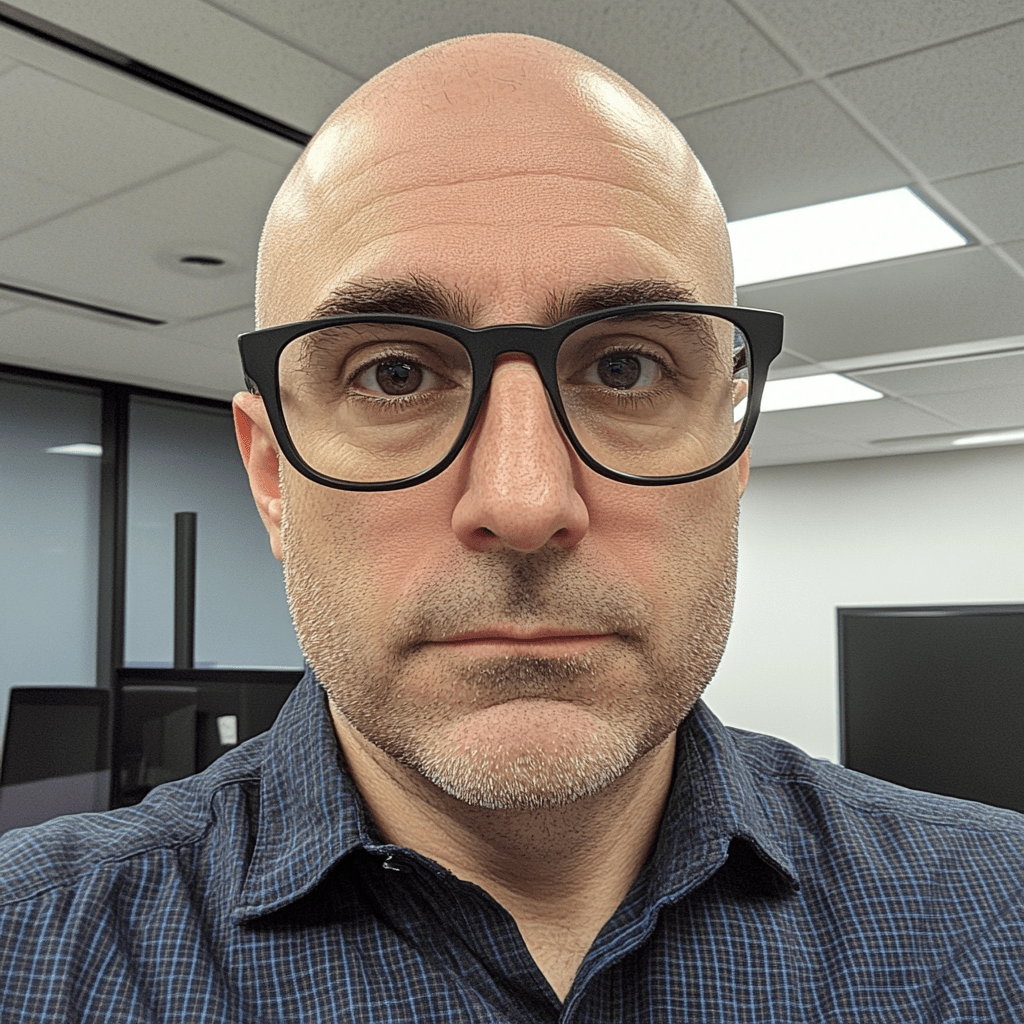Understanding Eye Twitching

What Is Eye Twitching (Myokymia)?
Eye twitching, medically referred to as myokymia, is an involuntary, repetitive spasm of the eyelid muscles. While usually harmless, it can feel annoying and even worrisome, especially when it persists for hours—or days. Twitching often occurs in the upper lid but can also affect the lower lid or even both.
This condition typically involves the orbicularis oculi muscle and is not painful or vision-impairing in most cases. However, its random nature makes it particularly frustrating.
Common Symptoms to Recognize
Most people describe eye twitching as a fluttering or jumping sensation. Key symptoms include:
- Mild movement in the upper or lower eyelid
- Uncontrollable spasms lasting a few seconds to minutes
- Sensation of fatigue in the affected eye
- Sensitivity to light or screen exposure
Occasional twitching is common, but persistent or painful spasms might hint at deeper causes worth exploring.
Common Causes of Eye Twitching
Stress and Anxiety
High stress levels are one of the leading causes of eye twitching. When your body is under emotional pressure, your nerves become more sensitive—leading to muscle spasms. This is your body’s way of saying, “Slow down.”
Fatigue and Lack of Sleep
Insufficient rest throws your nervous system off balance. When your eyes don’t get enough downtime, the muscles can misfire, triggering that annoying twitch.
Eye Strain from Screens
Staring at screens for hours can exhaust your eye muscles. This digital overexposure, also known as computer vision syndrome, can cause twitching due to prolonged eye engagement.
Caffeine and Alcohol Intake
Too much caffeine or alcohol can overstimulate your muscles, including those around your eyes. Reducing intake can often eliminate twitching within days.
Nutritional Deficiencies That Trigger Twitching

Lack of Magnesium
Magnesium supports muscle and nerve function. Low levels can result in spasms or twitching. Foods rich in magnesium include nuts, leafy greens, and whole grains.
Vitamin B12 Deficiency
B12 helps maintain nerve health. A deficiency can lead to neuromuscular issues, including twitching. Consider supplements if you’re vegan or have absorption issues.
Dehydration and Electrolyte Imbalance
Water isn’t the only hydration your body needs. Electrolytes like potassium and calcium are critical for muscle function. Imbalances can lead to twitching or cramps.
Environmental and Lifestyle Factors
Dry Eyes and Allergies
Allergies and dryness cause irritation, leading to excessive blinking or twitching. Antihistamines can help, but hydration and eye drops are often more sustainable.
Smoking and Air Pollution
Tobacco smoke and polluted air can irritate your eyes, triggering spasms. Cutting back on smoking or improving indoor air quality can reduce symptoms.
Less Known Medical Conditions Linked to Eye Twitching
Blepharospasm
A chronic condition that causes abnormal blinking or eyelid closure. It’s rare but serious, and often requires Botox injections or surgery to manage.
Hemifacial Spasm
Unlike myokymia, this condition affects one side of the face, including eye muscles. It may result from a compressed facial nerve and requires medical attention.
Neurological Disorders (e.g., MS, Parkinson’s)
Persistent or worsening twitching could be linked to diseases like multiple sclerosis or Parkinson’s. These are rare but serious causes that demand early diagnosis.
The Role of Medication and Stimulants

Side Effects from Prescription Drugs
Some prescription medications list eye twitching as a side effect, particularly those affecting the central nervous system. These may include:
- Antidepressants
- Antipsychotics
- Medications for ADHD
- Decongestants
If you notice twitching after starting a new medication, consult your doctor. They might adjust your dosage or suggest an alternative.
Overuse of Eye Drops
Ironically, some over-the-counter eye drops—especially those containing vasoconstrictors—can cause rebound irritation. If used too often, your eyes may become dry or sensitive, which can lead to spasms.
When Eye Twitching Becomes Chronic
Signs It’s Time to See a Doctor
Occasional twitching is normal. However, chronic or severe cases should not be ignored. Watch out for these signs:
- Twitching lasts more than a week
- Spasms spread to other parts of your face
- Eyelid completely closes during a spasm
- You notice redness, swelling, or discharge
These could indicate a more serious neurological or muscular issue.
Diagnostic Procedures and Tests
When you see a doctor for persistent eye twitching, they may conduct:
- Neurological exams to test reflexes and coordination
- MRI or CT scans to check for nerve compression
- Blood tests to detect deficiencies or autoimmune markers
Early diagnosis is crucial for treating more complex causes.
Home Remedies and Lifestyle Changes
Eye Rest and Warm Compresses
One of the easiest remedies is simply giving your eyes a break. Try:
- The 20-20-20 rule: Every 20 minutes, look at something 20 feet away for 20 seconds.
- Applying a warm compress to relax the eyelid muscles.
- Gentle eye massages to ease tension.
Relaxation Techniques
Stress is a major trigger, so stress-reducing practices help a lot:
- Deep breathing exercises
- Mindfulness meditation
- Yoga and stretching
These promote overall relaxation, which can calm muscle spasms too.
Nutritional Adjustments
Enhancing your diet can make a big difference:
- Add magnesium-rich foods like almonds, avocados, and spinach.
- Eat B12-loaded items such as eggs, dairy, and fortified cereals.
- Stay hydrated—aim for 8-10 glasses of water daily.
Prevention Tips for Avoiding Eye Twitching

Digital Screen Management
Reducing screen time or using tools like blue light filters can ease eye strain. Remember:
- Keep screens 18-24 inches from your eyes.
- Adjust lighting to avoid glare.
- Blink frequently and use artificial tears if needed.
Balanced Diet and Hydration
A nutrient-rich diet and proper hydration are foundational. Don’t forget:
- Eat a variety of fruits, vegetables, and lean proteins.
- Drink water consistently throughout the day.
- Limit caffeine and alcohol consumption.
Managing Stress Effectively
Incorporate self-care into your routine:
- Schedule regular breaks
- Practice hobbies and downtime
- Seek professional counseling if needed
By taking care of your mental health, you’re helping your eyes too.
Frequently Asked Questions (FAQs)
1. Is eye twitching a sign of a serious condition?
Usually, no. Most cases are benign and related to lifestyle factors. However, if the twitching is prolonged or spreads to other facial muscles, consult a doctor.
2. How long should an eye twitch last?
It typically lasts a few seconds to a few minutes. In rare cases, it can continue off and on for several days. If it exceeds a week, get it checked.
3. Can eye twitching be cured?
There’s no specific “cure,” but treating the underlying cause—like stress or deficiency—often resolves it. Persistent cases may require medical or neurological care.
4. Are there specific triggers to avoid?
Yes. Caffeine, alcohol, stress, sleep deprivation, and screen time are top triggers. Identifying and avoiding your personal triggers can prevent recurrence.
5. What kind of doctor should I see for eye twitching?
Start with a general practitioner or optometrist. If necessary, they may refer you to a neurologist or ophthalmologist for further evaluation.
6. Can screen time alone cause chronic twitching?
Yes, especially when combined with poor lighting, no screen breaks, and long exposure hours. Using proper ergonomics and taking breaks can help immensely.
Conclusion: Eye Twitching—More Than Just a Nuisance
Eye twitching might seem like a minor annoyance, but it can signal deeper issues like nutritional deficiencies, stress, or even early signs of neurological problems. By understanding the causes and making simple lifestyle adjustments, you can often stop the twitch before it starts.
If it continues or worsens, don’t ignore it—your eyes might be trying to tell you something important.

